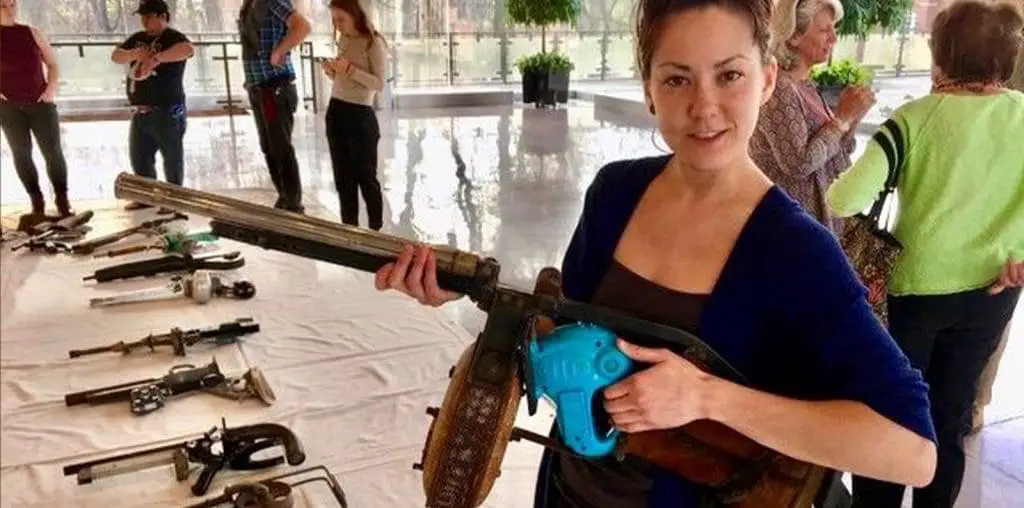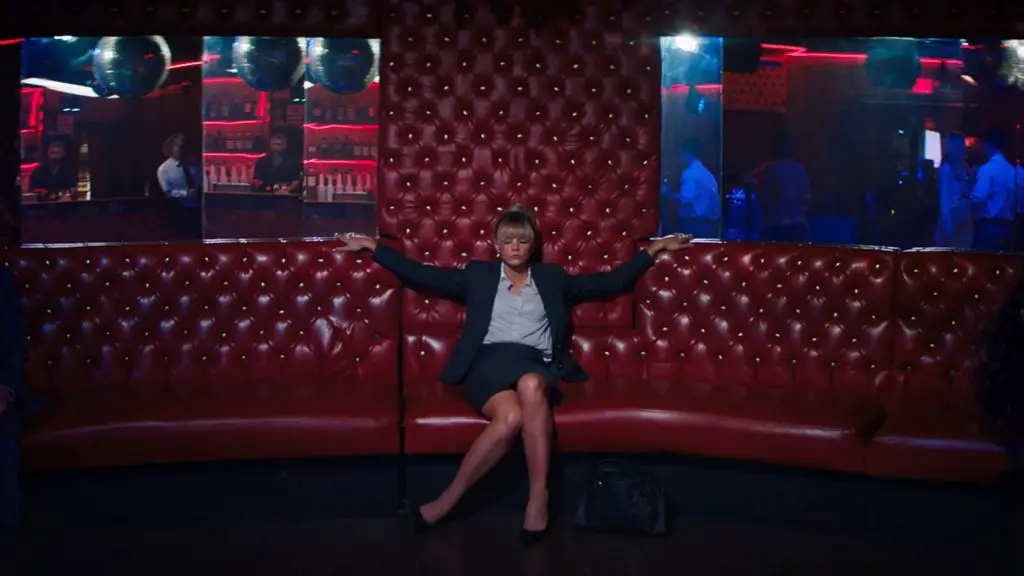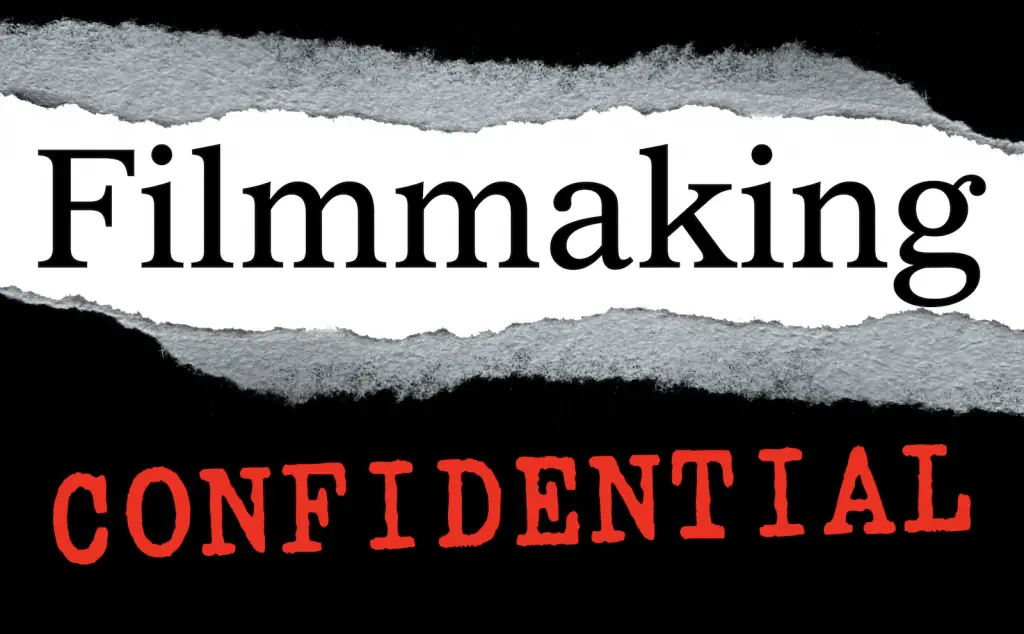
What are the basic challenges in creating a comedy script? And from this experience, how much of what seemed funny on paper did not prove to be all that funny when you tried to film it?
The unique thing about comedy is that, even though there have been plenty of great comedy writers and great comedy directors, it’s probably the most performance-oriented of the main cinematic genres. When we think of comedy, we think of actors — be they silent greats like Chaplin or Keaton or Lloyd, or more contemporary ones like the Saturday Night Live folks like Adam Sandler or Will Ferrell. So it’s hard to write comedy without writing it *for* somebody. That’s also why there are so many instances of great collaboration throughout comedy history — be it sketch shows like SNL and The Kids in the Hall or classic troupes like the Marx Bros., or duos like Laurel and Hardy, and so on and so forth. You don’t see “thriller troupes”, or “improv tragedy” (although, come to think of it, that’s kind of a neat idea; I should copyright that).
Comedy, more than anything, is generated by the energy of performance. So it was, on some level, really frustrating to write a comedy script –because when you’re working at this zero-budget obscure filmmaker level, it’s not like you’re going to have your choice of great comedy actors to write for; you don’t really know what you’re going to get. But on another level, it’s liberating — precisely because you don’t know who you’re going to get. You can play make believe.
Somebody asked me, if I could choose anybody from film history, whom would I want to play the main character in my film. I replied, “A young Jack Lemmon.” Lo and behold, that day I got a headshot for this young, total unknown named Kelly Miller, who had done no film work, and in the picture, he looked exactly like a young Jack Lemmon. It turns out Kelly in real life doesn’t really look anything like Jack Lemmon, but that was what struck me about his headshot at first. And I auditioned many, many people for the part — but in the end, Kelly got the part, and gave an amazing performance that has knocked the socks off just about anybody who has seen the film.
On the other hand, the character of the slightly smug, overbearing supervisor Jim was written to a certain extent for an actor friend of mine, Scott Janes. Now, I hadn’t seen Scott act much, but I wrote this part sort of imagining a guy like him in the role. Even though Scott is nothing like Jim, for some reason I thought he might be good at this sort of comedic thing. I had no idea if he could do it — and it turns out that the character of Jim is *nothing* like the parts Scott is usually given to play. But lo and behold, Scott was perfect in the role. One of the nicest things about shooting comedy is that you can actually have fun shooting it — you can actually laugh (silently, of course) during the takes. The important thing is to capture some essence of what makes it funny for you in person on set, and to convey that on-screen for someone who’s going to be seeing it a year later in some darkened room on the other side of the world; it’s not that easy.
Making comedy on paper work on-screen is one of the hardest things in the world. I mean, just the fact that you’re dealing with the physical world, with actualities and tactile objects, changes the nature of what you’re doing. A certain composition turns out to not work in the way you expected it to; a certain line uttered after a different line reads funny on paper but falls flat on screen. It happens all the time. Then again, certain things turn out to be funny that you hadn’t even noticed before. This is also why comedy is such a collaborative medium. We had a number of shots where Kelly had to lean his face against a glass door. When he did it, it turned out that the glass door contorted his face and eyebrows in all sorts of different directions, resulting in some pretty hilarious moments. It was the silliest little thing, but it worked, and it was a nice touch. You need the people around you to create situations that generate comedy, and you need to be able to recognize it when it comes.
Another thing I noticed was how much this sort of thing changed during editing. It’s a lot like music. You take funny moments in the footage and put it together, and suddenly, it’s not that funny anymore; and you have to play with the timing, to see if you can make it work again, or make it work differently. Or you put two shots together that weren’t meant to be funny, but suddenly, the combination is funny, That happened a lot to me and my editor Cabot Philbrick. We’d just throw a shot in there and suddenly, we’d have this beautiful comic editing gag that we’d never intended to have in there. Happy accidents. I’ve often said that filmmaking is the art of making the right mistakes.
The interview continues in part three of BILGE EBIRI: THE NEW GUY IN COMEDY>>>


